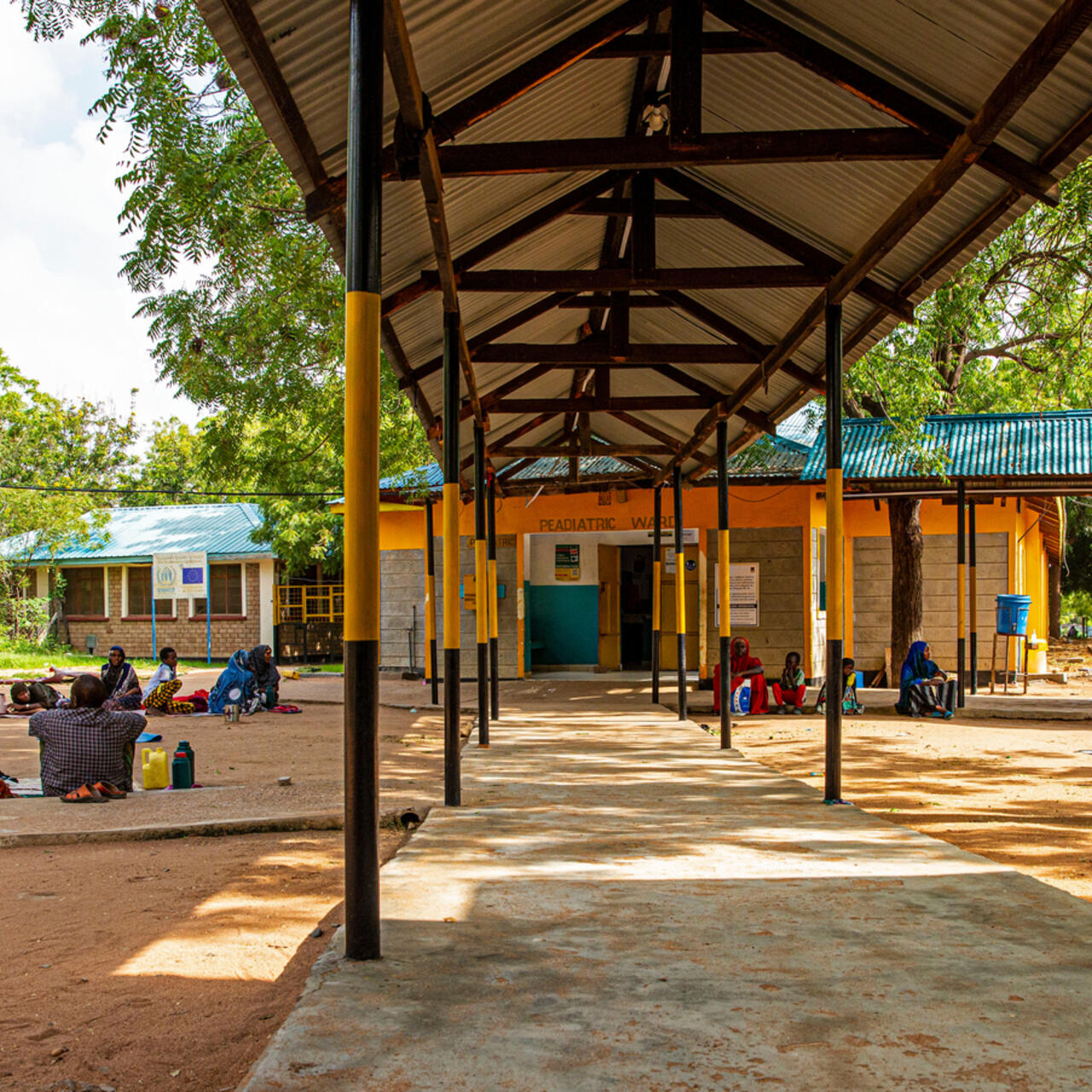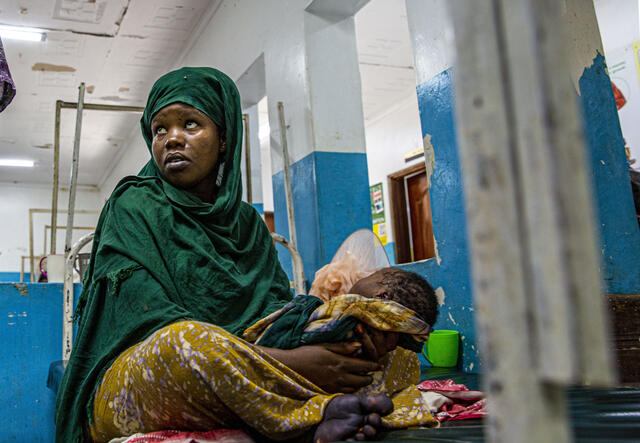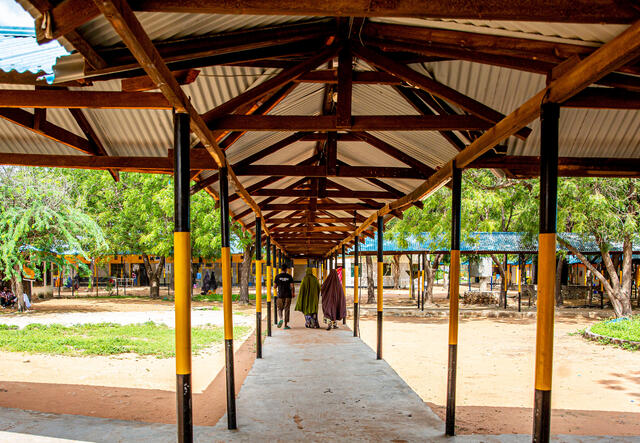
Meet the only female ambulance driver in Kenya’s largest refugee camp
Determined and fearless, Batula Ali has spent her life breaking gender norms in Kenya, while dedicating her time to saving lives.

Determined and fearless, Batula Ali has spent her life breaking gender norms in Kenya, while dedicating her time to saving lives.
Batula is an ambulance driver for the International Rescue Committee in Dadaab, Kenya - and the only female driver in the region. She is also the only driver that ventures unaccompanied through treacherous terrain. You’ll usually find her taking mothers in labor to hospitals so they can deliver their babies safely - sometimes up to 15 patients in one day.
Being a driver in her region has come with many hardships as a woman, but Batula has always been determined and fearless: “Many men are doing this job,” she says. “They really don’t want a female driver, but I don’t mind them. I work hard and it is part of my job. They can say anything, but I will continue doing my job."
Batula is originally from Garissa, a town in north eastern Kenya, and now works in Hagadera camp in the Dadaab region, home to the largest refugee complex in the country (and third largest in the world).
She has been working for the IRC for four years, but has spent an impressive 22 years driving as her career.
“I loved it when I was in school, I used to cry saying ‘I want to learn how to drive,’ so I finished school and learned,” Batula recalls. “I got married and then I learned how to drive and started this career.”
The IRC ambulance service runs all day, seven days a week. Batula usually spends her days transporting mothers in labor to hospitals so they can deliver their babies safely, sometimes driving up to 15 patients in one day.
At times she has to cross difficult terrain, her vehicle being the only one to pass through flooded areas without any escort.
“I am carrying all of the patients because coming here is a problem. You see that water...crossing it is a problem especially when the water is deep.”

But Batula has had to fight for her place as a driver in the region. “When I was at my previous job, I went through a lot... being insulted, people throwing stones at me, but that did not deter me from doing my job. I was still doing my job because I just wanted to excel in my career,” she says.
“Many men are doing this job. They really don’t want a female driver, but I don’t mind them. I work hard and it is part of my job. They can say anything, but I continue doing my job.”
They can say anything, but I will continue doing my job.
Despite the hardships she’s faced from being a woman in this role, she is very proud of her work. And so are her children.
“They are immensely proud of me. My first born is a driver and the two boys are drivers with their own cars,” says Batula.
“I’m very happy and proud of my work; to carry women who are in labour.”

Relief groups in Kenya’s Dadaab refugee camp have become increasingly strained as over 100,000 refugees from Somalia fleeing drought and conflict have arrived in recent years.
IRC teams deliver lifesaving emergency aid including healthcare, women’s protection, and legal rights education to refugee populations and their host communities. Our health, nutrition, and conflict resolution programs in Kenya have delivered critical care to over 300,000 people a year, including nutrition support for malnourished children and supporting refugees and vulnerable Kenyans to start businesses and rebuild their lives.